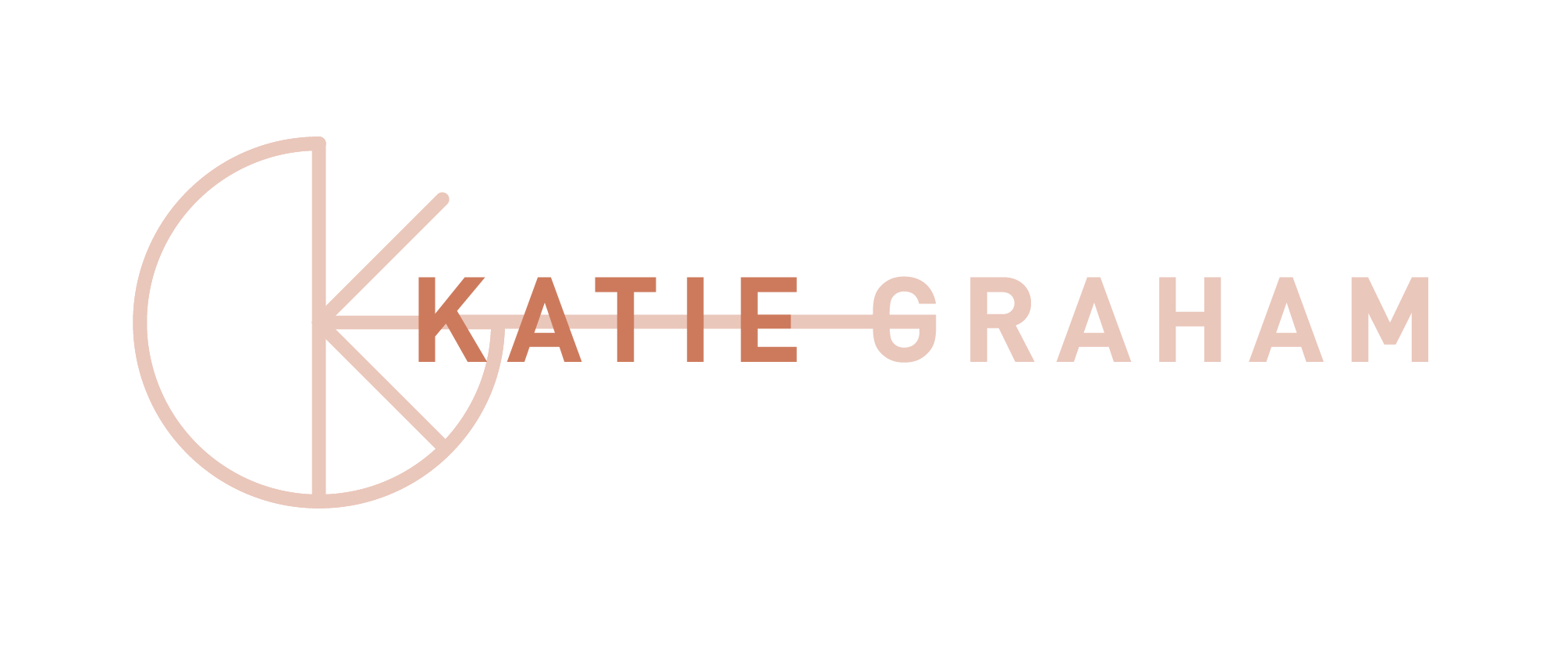Small but mighty. Why a strong brand is crucial to a successful business.
The only source of knowledge is experience,” said Albert Einstein, and I’m inclined to agree. When it comes to business, particularly of the small kind, you may question why I can help you launch your own? Easy – I’ve been there, done that.
I launched Oomite along with my business partner, Magdalena Roze, earlier this year. But our brand has been three years in the making – we were united by her fiance, Daz, years ago when we mentioned a dream of creating a savoury spread that tasted delicious and was free from the nasties found in many supermarket residents.
Despite introducing Oomite in the middle of a global pandemic, a resulting hospitality crisis, and a general sense of confusion as to what the future would bring, we can proudly call our small business a growing success. Six months down the track (and despite the mayhem of 2020), we’ve brought into the world an all-natural savoury spread, packed with flavour and premium ingredients (and absolutely nothing artificial) that’s found its way into many of our favourite cafes and restaurants and become beloved by chefs we’ve long respected.
Reinventing a classic was no mean feat. In fact, it took (literal) blood, sweat, and tears, as well as a few years to get the recipe down pat. But more importantly, while its success is partly due to its downright deliciousness, it's also owed to a carefully implemented strategy.
Credibility is key.
I’ve worked with both large FMCG brands, as well as directly with small, founder-run businesses, and with a number of chefs, restaurant owners, and individuals in the food industry, all of which has given me so much insight into the ingredients for launching a brand and product to market. The core strategy for Oomite was a chef-first approach to build credibility from the get-go, which was there long before we had cracked the product.
I've observed how brands with integrity and a good product that is "needed" in the market, can find a small but "mitey" (pardon the pun) audience early on.
When this loyal audience is on the B2B side (in our case hospitality) earning their support in the early days was a winning recipe for gaining credibility and traction from the beginning. We tested our samples on chefs and cafe owners from the start, individuals with their own voice and influence over food media, as well as ultimately, consumers.
And not forgetting that slow and steady wins the race. I'm a huge believer in starting small and slow, because as most business owners know, it takes a while before a "hobby" or passion project becomes a business.
It’s easier and more impactful to work with what Seth Godin calls your "smallest viable market". So at the end of the day, starting with industry only and selling Oomite in large foodservice pails, rather than dealing with consumers directly selling small jars, made sense, and means we can have a far greater impact early on. Plus it means that by the time we enter the wild world of retail (one day, not yet), we will actually have consumer demand for it.
Launching Oomite has gifted me far greater insight into what product-based businesses deal with on a daily basis. But at the end of the day, it's also proven to me that my philosophy of focusing on brand first and using a simple strategic framework to keep you working towards your goals are integral to success.
Follow our Oomite journey here.
